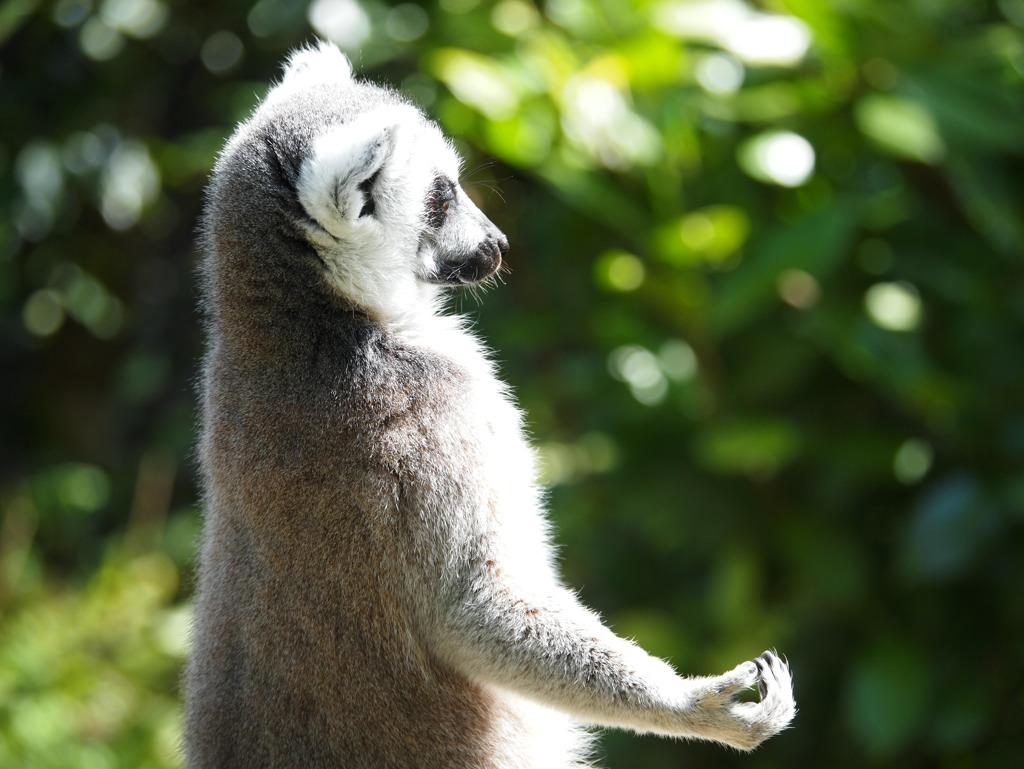4 Mins Read
What is mindfulness?
Mindfulness is the practice of taking the opportunity to be aware of the present moment non-judgmentally and with intent while focusing on your breath. If this does not make immediate sense to you, don’t worry. It took us a few tries to fully understand. Basically, mindfulness is when you take time out of your life to focus on your abdominal breathing and clear your mind so you can be as present as possible. The with intent part refers to actively making the decision to be mindful (as opposed to being mindful unconsciously, for example when you lose yourself in a hobby). When distracting thoughts come into your mind, you acknowledge them without judgement- you don’t give yourself a hard time for having distracting thoughts. You simply refocus on your breathing and the present moment. Some call this thought awareness.
It takes practice to get it right and in the beginning, you may feel like you are not doing it right. But be kind to yourself! The mere act of taking time out to give it a go is a huge part of the journey towards a more mindful life. Further, some consider yoga a type of mindfulness, though it would depend on the type of yoga you are practicing and whether you are able to clear your mind and focus on your breathing when in the presence of others. A quiet, focused and for some, private yoga session would be the ideal setting for giving mindfulness a go.
What is the difference between mindfulness and meditation?
Frankly this is an incredibly complicated question and we could have a day long discussion about it, without drawing a line in the sand. Some would argue that they are essentially the same thing whilst other would say they are very much distinct. In fact there are whole books written about the difference. But we will grossly oversimplify and say that mindfulness is a type of meditation as detailed by some of the Buddha’s texts, one that focuses specifically on abdominal breathing and being in the present moment.
Why is it good for me?
We tend to live over-stimulated lives. This is especially true for those of us who live in big metropolises like Hong Kong. We are inundated with screens, lights, sounds, people, products and messages constantly. Our attention is always being sought out. This makes it difficult for us to focus on one thing at a time. It also means we have many thoughts we don’t pay attention to. Mindfulness helps us to refocus our attention, reconnect with our innermost thoughts and relax our brain.
The practice of mindfulness is now associated with a reduction in stress, anxiety, addiction, mood disorders, depression for people who suffer from these conditions- basically anything related to a lack of control over one’s emotions. At the end of the day, life is full of stress, and mindfulness can really help with controlling our stress levels, which means better overall health- not just mental but physical too.
How do I start?
We are hardly mindfulness experts but we are happy to share some beginner’s tips that we have discovered along the way. Find a quiet spot. It’s probably not a good idea to do it in the middle of a crowded mall. Make sure you won’t be interrupted. Ideally, you want to do it during your own private time. Don’t do it whilst socializing, or during work or in the middle of a group activity- people will think you strange and you will probably have trouble focusing. Exceptions: yoga class, as mentioned above, and any mindfulness group activity. Avoid being mindful when you are hungry. Same goes for feeling thirsty, cold, hot, etc. Long time mindfulness adherents may be able to overcome those basic needs during their practice but for newbies, such needs will be overwhelmingly distracting. You can choose to close your eyes or not, and you can choose to be standing but most people do sit. Lying down on a bed is not always our first choice as we get sleepy but really go with the position that helps you focus the best. So to recap: be alone if possible, comfortable and in a quiet spot. Remember, this advice is for beginners’ only. Eventually, you won’t require much at all to get your focus on.
How often should I do it?
It really depends. To begin with, a few minutes a few times a week is a good start. As you progress, a daily practice is ideal. Eventually you may do hour long sessions. There are now also mindfulness workshops which last all day and mindfulness retreats that run a week! To be honest, finding ten minutes to be aware on a daily basis sounds like a great achievement to busy Hong Kongers like us! Don’t beat yourself up about how long and how often but schedule the time in your day/week as you would a meeting or a fitness session and stick with it- no matter how long/how often. As for when, we recommend the early morning or late at night as those are usually moments of the day when finding peace, quiet and privacy is easiest.
Photo credit: Lemur Meditating (or sunbathing) via photopin (license).




